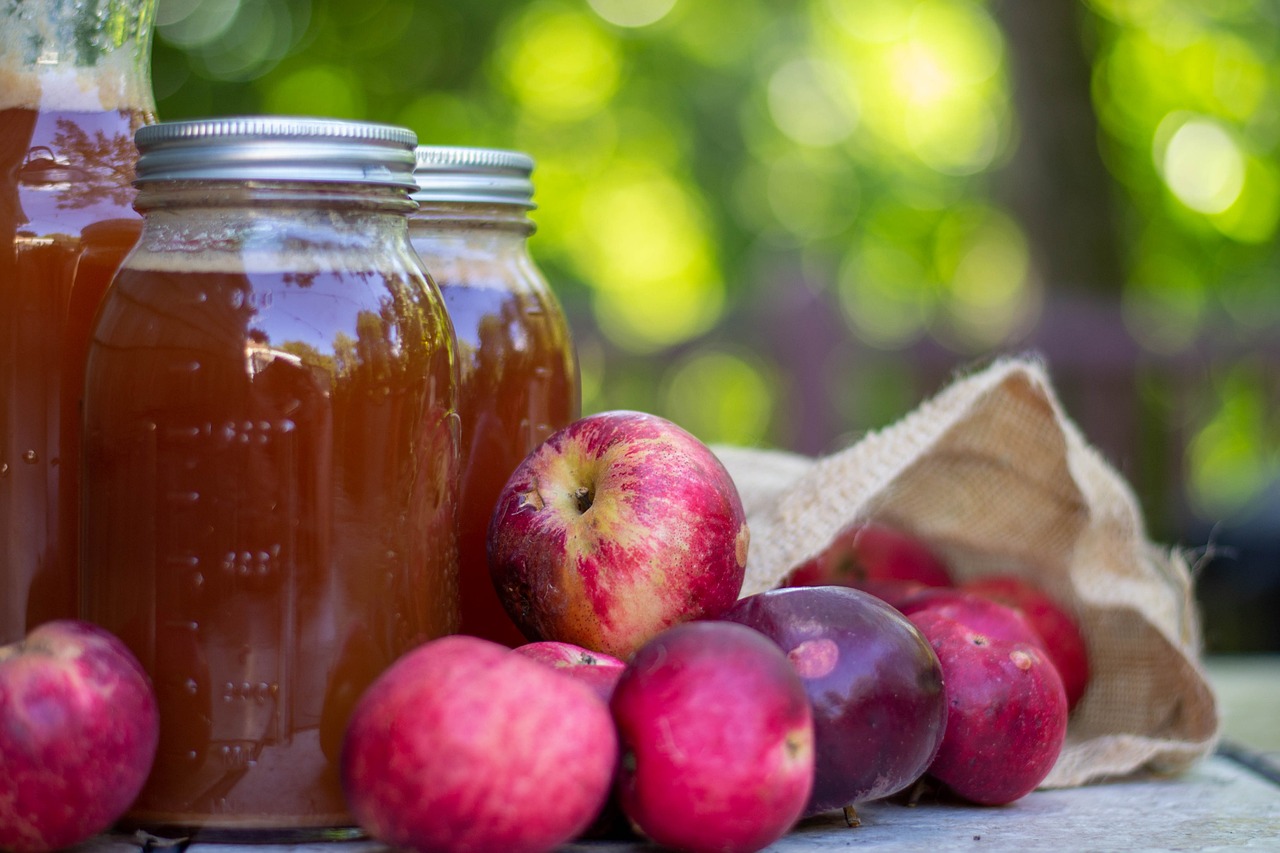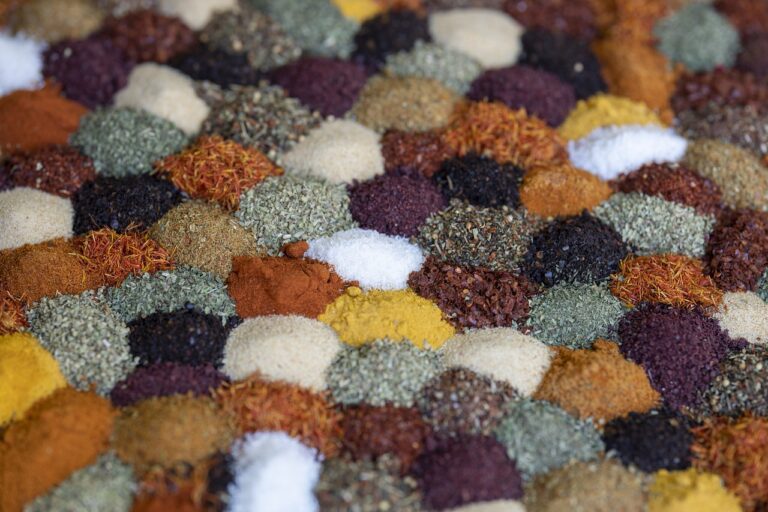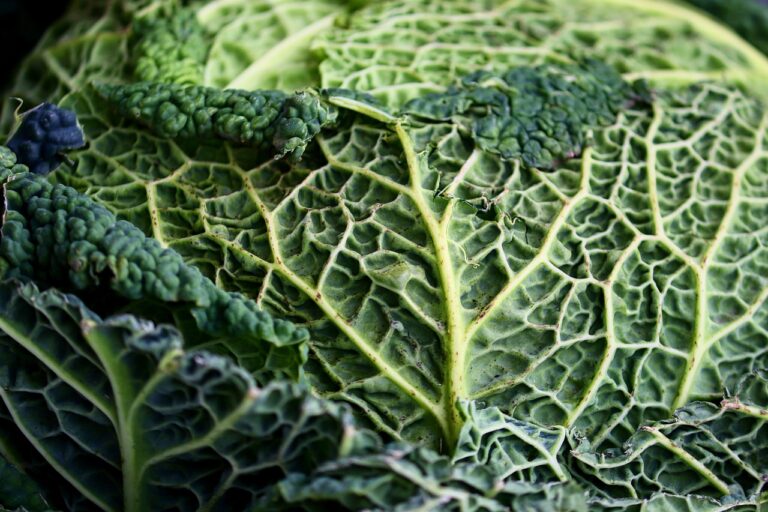Biotechnology in Aquaculture: Improving Fish Health and Production: Laser book 247 login registration number, Lotusbook9 com, 11xplay
laser book 247 login registration number, lotusbook9 com, 11xplay: Biotechnology in Aquaculture: Improving Fish Health and Production
Aquaculture, or fish farming, plays a vital role in meeting the increasing demand for seafood worldwide. With over 50% of the fish consumed globally coming from aquaculture, it is essential to ensure the health and productivity of farmed fish. Biotechnology has emerged as a powerful tool in achieving this goal, offering innovative solutions to improve fish health and production.
Enhancing Fish Nutrition
One key area where biotechnology has made a significant impact in aquaculture is in enhancing fish nutrition. Advances in biotechnology have led to the development of genetically modified feeds that contain essential nutrients for fish growth and health. These feeds help improve the overall health and vitality of farmed fish, leading to increased growth rates and higher yields.
Improving Disease Management
Disease outbreaks can have devastating effects on fish farms, resulting in significant economic losses. Biotechnology has enabled the development of vaccines tailored to specific fish species, helping to prevent and control diseases in aquaculture. These vaccines are safe, effective, and environmentally friendly, offering a sustainable solution to disease management in fish farms.
Enhancing Water Quality
Maintaining water quality is essential for the health and well-being of fish in aquaculture systems. Biotechnology has introduced innovative water treatment solutions that help remove harmful pollutants and maintain optimal water conditions for fish growth. These technologies not only improve fish health but also promote sustainable aquaculture practices.
Increasing Reproductive Efficiency
Biotechnology has also revolutionized fish reproduction, offering techniques such as hormonal manipulation and cryopreservation of gametes to improve reproductive efficiency in aquaculture. These technologies help increase the success rates of breeding programs and ensure a steady supply of high-quality fish for the market.
Optimizing Feed Conversion
Efficient feed conversion is crucial for the economic viability of fish farming. Biotechnology has enabled the development of genetically improved fish strains that exhibit enhanced growth rates and feed efficiency. These genetically improved fish require less feed to reach market size, reducing production costs and improving overall profitability.
Enhancing Environmental Sustainability
Biotechnology in aquaculture not only improves fish health and production but also contributes to environmental sustainability. By optimizing feed conversion, disease management, and water quality, biotechnology helps reduce the environmental impact of fish farming and promotes a more sustainable aquaculture industry.
FAQs
1. How does biotechnology improve fish nutrition in aquaculture?
Biotechnology has led to the development of genetically modified feeds that contain essential nutrients for fish growth and health, leading to increased growth rates and higher yields.
2. What role does biotechnology play in disease management in aquaculture?
Biotechnology enables the development of vaccines tailored to specific fish species, helping to prevent and control diseases in fish farms.
3. How does biotechnology contribute to environmental sustainability in aquaculture?
Biotechnology helps optimize feed conversion, disease management, and water quality, reducing the environmental impact of fish farming and promoting a more sustainable aquaculture industry.







